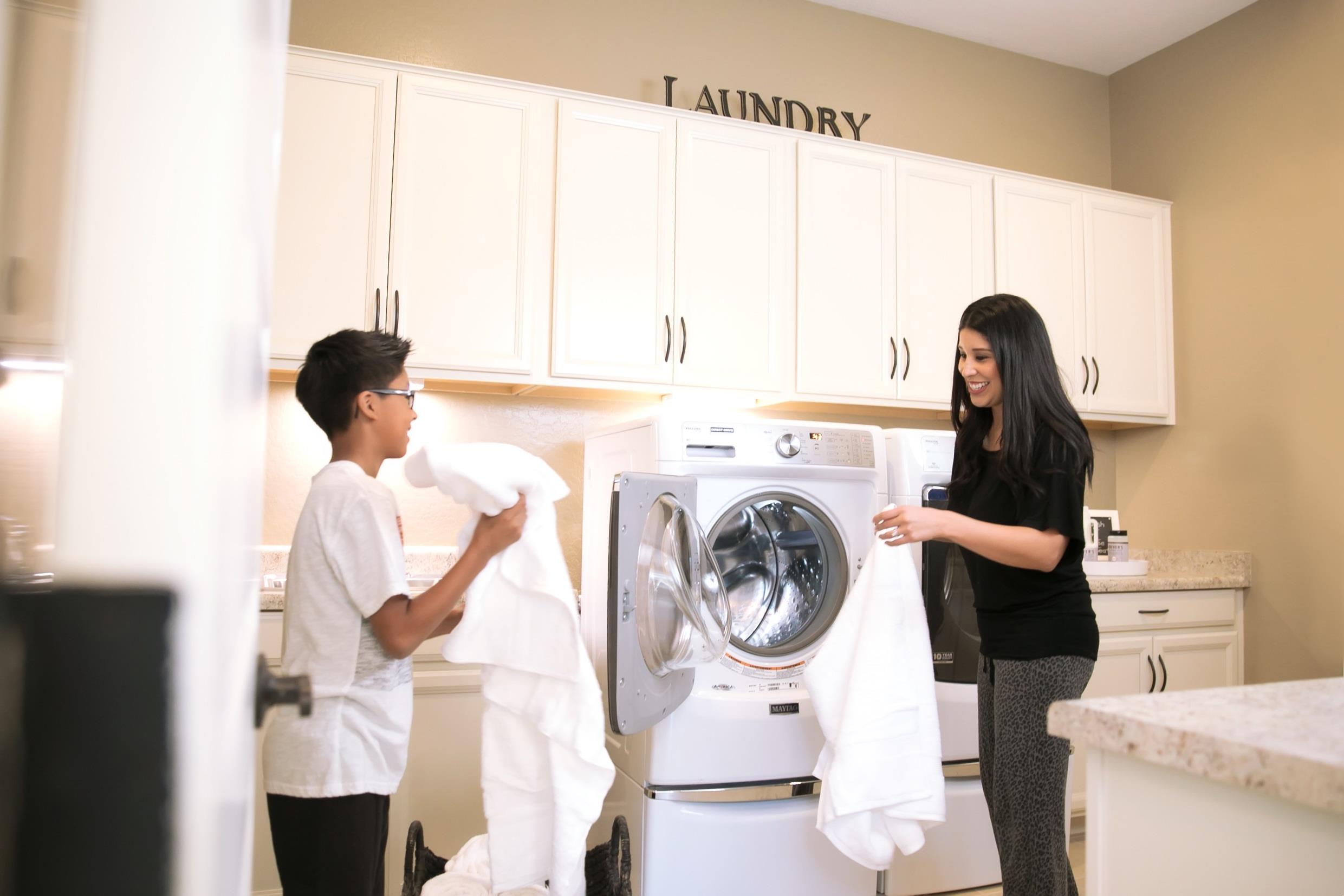 (BPT) – Everyone wants the inside scoop on how to get the best deal. Ironically, consumers will do a bunch of research over a $500 smart phone and relatively little for the largest purchase of their lives, their homes.
(BPT) – Everyone wants the inside scoop on how to get the best deal. Ironically, consumers will do a bunch of research over a $500 smart phone and relatively little for the largest purchase of their lives, their homes.
Most home buyers focus on price and payments, however, factoring in a home’s energy consumption costs could save tens of thousands of dollars over years of ownership. Comparing the performance and construction quality of one home to another is often not apples to apples. Newly built homes tend to be more energy efficient than older homes, but total performance is also influenced by the builder and design, said CR Herro, a building scientist and vice president of environmental affairs for Meritage Homes.
Home Energy Rating Score
When buying a new or resale home, buyers can use a shopping tool to help them understand the anticipated costs of a home’s energy bills. The Home Energy Rating Score, or HERS, is the industry standard for measuring a home’s energy efficiency. It was created by the not-for-profit Residential Energy Services Network (RESNet), an independent consortium of building scientists and construction experts.
Think of HERS like miles-per-gallon fuel economy for your car, except that a lower HERS is better:
* According to the U.S. Department of Energy, a typical resale home in the U.S. rates a HERS 130 and costs approximately $200,000 in utilities over a 30-year mortgage.
* Utilities for a home that scores 100 would cost 30 percent less, saving $60,000 in operating cost.
* Utilities for a home that scores 65 would cost approximately half, saving $100,000 in operating cost over 30 years.
Some builders, such as Meritage Homes, design homes to capitalize on energy efficiency and can achieve HERS scores lower than the 2016 U.S. average of 62 by including high-efficiency heating, cooling, windows, lighting and insulation in all their homes.
How To Know the Score
“Knowing the HERS score of your home can be the difference between a European vacation every few years or a kiddie pool in the driveway,” said Herro. “A lower HERS score could also raise the value of your home because the rating is being added to home appraisal standards.” Proposed federal legislation also could provide mortgage borrowing advantages for homes with low HERS, he added.
More than 2 million homes in the U.S. have been HERS rated for energy efficiency, generating energy savings of $268 million in 2016 alone, according to RESNet. More homes are being rated as home builders increase their participation in the HERS program and post the ratings for the homes they build. To find the HERS for a home, a list of participating home builders and tips for improving the energy efficiency of your home, go online to: http://www.hersindex.com/knowthescore/.

